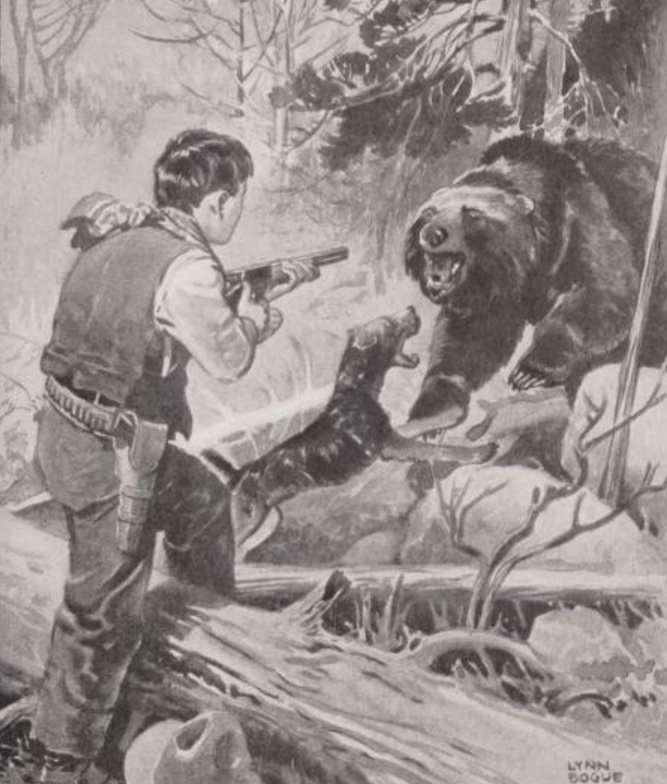Al Kranbuhl
=======================================
Airedale performance breeder selection summary:
While I like a beautiful specimen and perfect example of a breed as much as anyone looks are last on my list when it comes to breeding for performance decisions, be they big, small, slick coat, long coat, hard coat, soft coat, heavy eared, if they are best performing "HUNTING DOGS" they are the ones that are bred and hopefully reproduced.
When it comes to a hunting dog as a breeding prospect I will assume nothing. They will have to show me! I have seen far too many dogs with supposedly can’t miss pedigrees that ended up being sorry. I will introduce them to targeted game and check for bred in instincts needed by a hunting dog and to see if there is enough potential to mess with. I look for a desire, drive and ability to hunt, traits like a good nose, tracking, locating and treeing, grit, etc.
Evaluating pups for hunting is not a heck of a lot different that a little league coach looking over a bunch of 10 or 11 year old boys playing ball for the first time. If you know what to look for it’s easily seen. The talent will rise to the top with time and while all the kids will be able to throw, swing a bat and run it will soon be apparent who can throw, hit and run and stand out doing it really well.
I evaluate pups much the same, I will take them afield at ten to twelve weeks old and set them up to show me what they were born with. First of all stay away from bottled scents, there is a big difference in the scent of an animal's natural scent and some piss in a bottle. I always use real animals to test dogs, either fresh intact dead, or live in roll cages. I will lay simple short scent trails, put out live animals, put them up in trees to check for natural treeing traits. I will walk the pups through these setups without doing or showing them a thing myself. I am looking at how they react naturally. After doing these types of drills for many years and watching hundreds of young dogs, I know what kind of reactions I am looking for.
Like the young ball players, there will be those that will just stand out and you know with the right kind of experience and work they will progress and be good ones. By the same token the cold hard facts are there will be some that all the coaching and training in the world is not going to help a whole lot.
For the young dogs that get over the hump in my first assessment go around I will then take them in the woods and field on wild game and alternately hunt them hard with a broke dog half the time and alone by themselves the rest of the time. I let them have a chance to show what they are made of. You then can pretty easily separate the pretenders who want to be and think they are a hunting dog from those that ARE hunting dogs and prove it doing good work on a consistent basis by putting game in the bag. The ones that show they can get it done, are the ones that get bred. Nothing revolutionary here, old school stuff that I learned through experience and from picking the brains of old timers that produced winners. The key is sticking with it.
Disqualifying qualities and traits that will eliminate an Airedale in my kennel.
1. Overly aggressive toward other dogs and wanting to fight all the time.
2. Overly aggressive and ill toward people, any tendency to bite a person for no reason.
3. Scatter-brained, mentally retarded, can’t sit still for a minute, too hard-wired. (like humans there is a wide range of intelligence and mental stability in dogs.)
4. Shy, skittish, cower at loud noises, afraid of their own shadow, tail down all the time.
I like to see what other hunters think and what their opinions are in such matters so for kicks I once went to several hunting dogs sites from Terriers and Hounds to Bird Dogs and put up polls asking those hunters what they considered the one worst fault a hunting dog could have. I tallied all the the responses I got and this is what played out.
1. 1973 listed Dog on Dog aggressiveness as the worst,
2. 1528 listed shyness/timidness,
3. 688 listed poor nose/inability-lack of interest to track targeted game well enough,
4. All other assorted combined responses 598.

No comments:
New comments are not allowed.